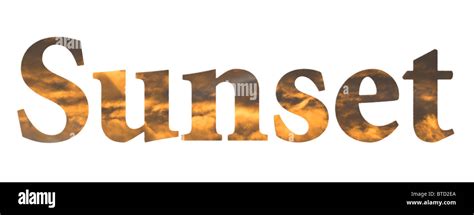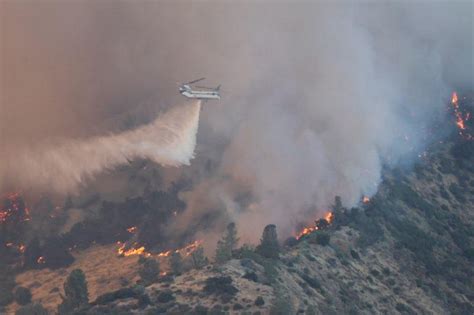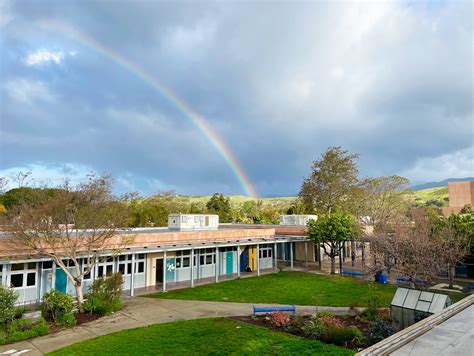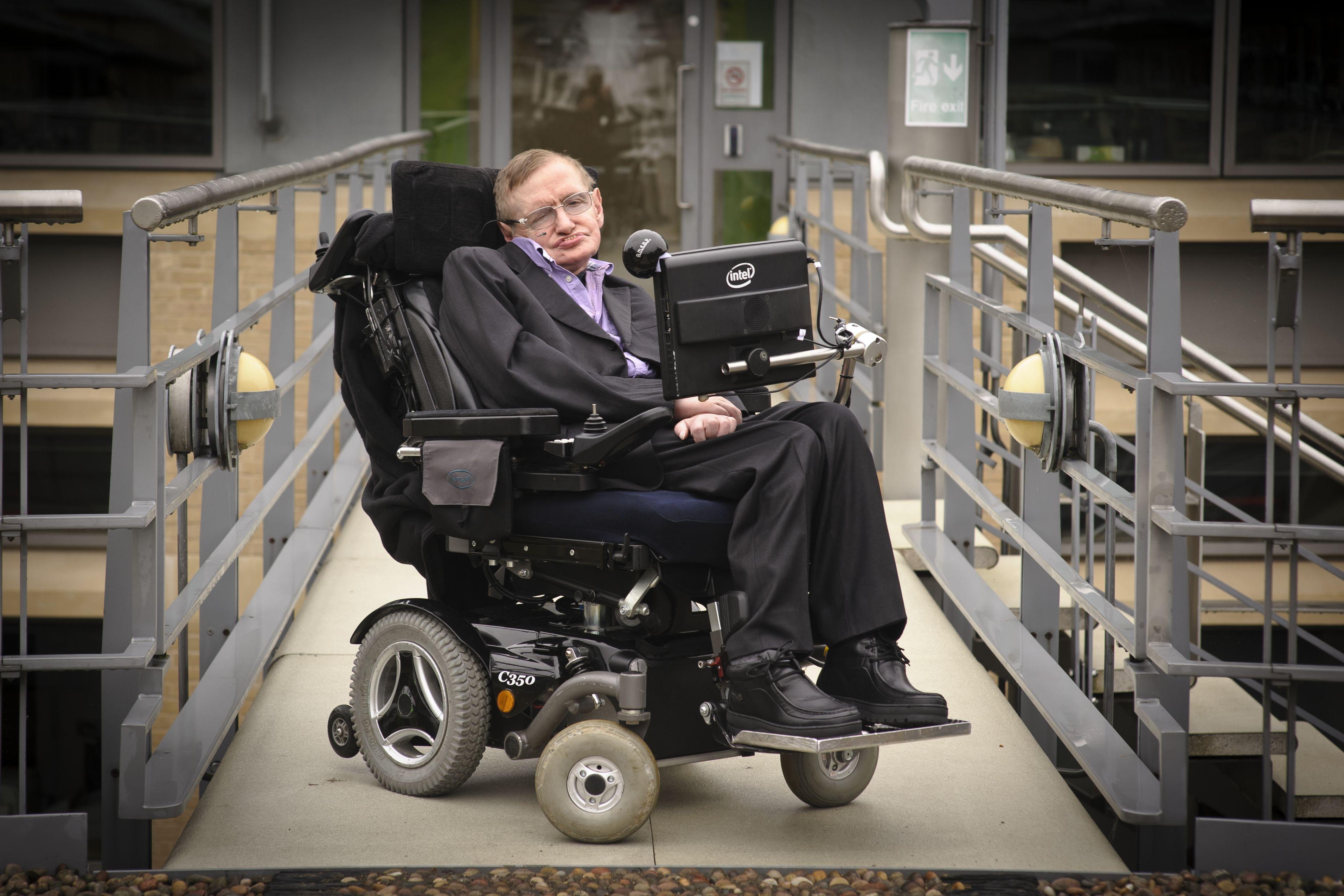As the day succumbs to the allure of twilight, the sky is set aflame with hues of orange, pink, and purple, signaling the approach of a breathtaking sunset. However, the term “sunset” can sometimes feel overused or clichéd, leaving writers and poets seeking alternative expressions to describe this majestic natural phenomenon. Fortunately, the English language offers a plethora of options to capture the essence of this daily spectacle.
One of the most popular alternatives to “sunset” is “dusk,” which refers to the period of partial darkness between day and night. While it doesn’t specifically denote the sunset, it encapsulates the ambiance and mood that follows as the sun dips below the horizon. Another option is “sundown,” which is often used interchangeably with “sunset” but carries a slightly more casual, folksy connotation.
For those seeking more lyrical or poetic language, “twilight” offers a captivating choice. Encompassing the time around both sunrise and sunset, twilight is characterized by a soft, diffused light that imbues the landscape with an ethereal beauty. The term “evening” can also be employed, although it tends to be more general, referring to the entire period between sunset and nightfall.
In poetry and literature, the “day’s end” or “close of day” are common expressions used to evoke a sense of conclusion and transition, as the diurnal world gives way to the nocturnal. These phrases not only convey the literal timing of the sunset but also tap into its metaphorical significance as a symbol of endings, new beginnings, and the cyclic nature of life.
The “golden hour,” a term cherished by photographers, refers specifically to the brief period preceding sunset when the sun’s light is soft, warm, and golden. This moment is prized for its breathtaking beauty and its ability to imbue landscapes and portraits with a magical glow. While not a direct synonym for sunset, the “golden hour” is intimately connected with it, representing the final, fleeting dance of sunlight before the stars emerge.
For more dramatic effect, one might opt for “day’s last light” or “final glow,” which poignantly capture the last vestiges of sunlight as the sun disappears beneath the horizon. These expressions not only describe the visual spectacle but also evoke a sense of melancholy and appreciation for the transience of daytime.
Lastly, “solar set” and “solar sunset” are more scientific or formal alternatives, useful in contexts where precision and clarity are paramount. These terms, while not as commonly used in everyday conversation, offer a nice contrast to the more poetic and evocative language that typically surrounds descriptions of sunsets.
In conclusion, whether one is a writer seeking to add depth and variety to their descriptions, a poet looking to capture the sublime beauty of nature, or simply an individual wanting to express their awe and appreciation for the natural world, there are numerous alternatives to the word “sunset” that can enhance and enrich one’s language. By exploring these options, one can find the perfect phrase to convey the essence of this universal experience, connecting us all through the shared wonder of witnessing the day’s final, flamboyant bow.
What are some poetic alternatives to “sunset”?
+Poetic alternatives to “sunset” include “twilight,” “day’s end,” “close of day,” and “golden hour.” These terms evoke not only the literal timing of the sunset but also its metaphorical and aesthetic significance, making them ideal for descriptive writing and poetry.
How can I describe a sunset in a more scientific context?
+In a more scientific or formal context, terms such as “solar set” and “solar sunset” can be used. These expressions maintain the clarity and precision required in scientific discourse while still acknowledging the event of the sun’s descent below the horizon.
What is the “golden hour,” and how does it relate to sunset?
+The “golden hour” refers to the period shortly before sunset when the sun’s light takes on a warm, golden hue. This moment is highly prized for its aesthetic qualities, particularly in photography, as it imbues subjects with a soft, magical glow. The golden hour is a precursor to sunset, capturing the final, gentle light of the day before the sun dips below the horizon.



